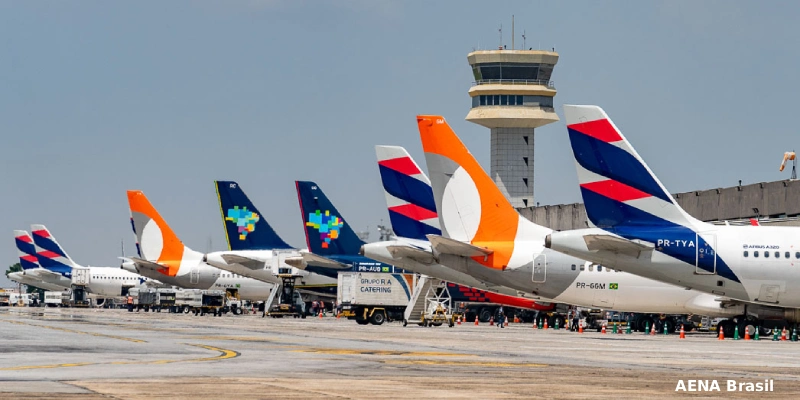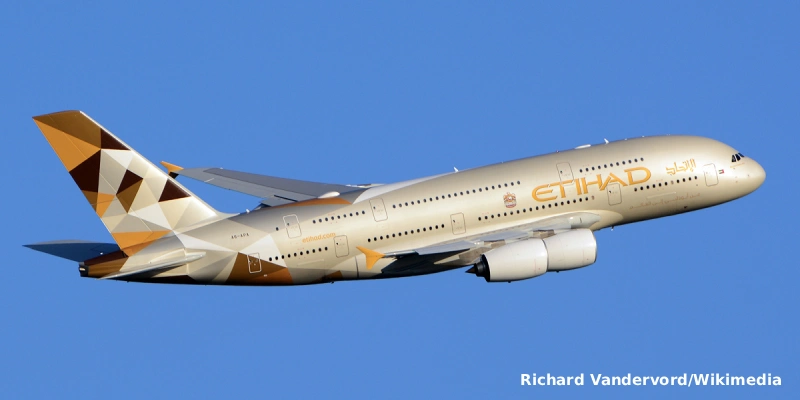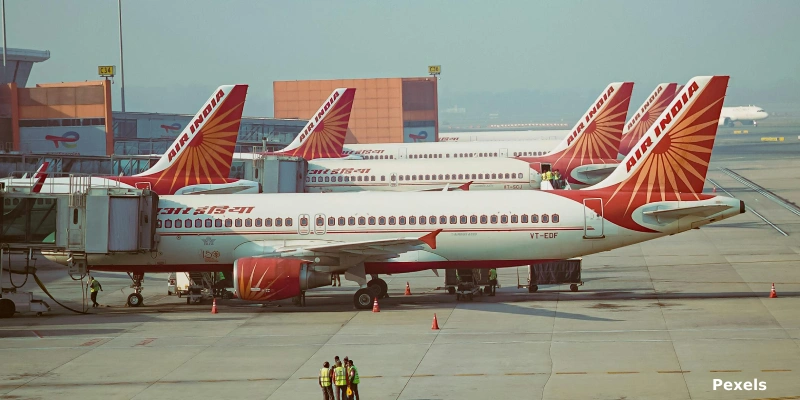The International Air Transport Association (IATA) and the Latin American and Caribbean Air Transport Association (ALTA) expressed deep concern regarding the approval of Bill No. 5.041/2025 by Brazil’s Chamber of Deputies.
The text imposes new obligations on airlines, such as offering free checked and carry-on baggage, in addition to restricting common commercial practices. According to both associations, the measure represents a serious threat to the competitiveness, connectivity, and accessibility of air transport in the country.
If enacted, the bill would impose severe restrictions on pricing and operations, for both domestic and international flights to and from Brazil, affecting the efficiency and flexibility that underpin a sustainable air system.
Furthermore, it could contravene bilateral air service agreements, putting Brazil at risk of failing to meet its international commitments.
“This bill represents a setback for Brazil at a time when aviation should be driving economic growth and regional integration,” warned Peter Cerda, IATA’s Regional Vice President for the Americas and CEO of ALTA.
“The measures in the bill are like going to the movies and being forced to pay for popcorn as part of the ticket,” he added.
→ IATA Launches Global Campaign to Teach Travelers How to Fly Safely with Lithium Batteries
A Step Back for Passengers and the Economy
Over the past decade, deregulation and competitive pricing models expanded access to air travel, connecting communities and generating employment, tourism, and commerce.
However, the new bill reinstates restrictions that in other markets have been shown to reduce accessibility and passenger freedom of choice.
Among the obligations included in the text are:
- Free checked baggage up to 23 kg on domestic and international flights.
- Free carry-on baggage up to 12 kg on domestic flights, regardless of aircraft type or route.
- Prohibition of charges for standard seat selection.
- Prohibition of automatically canceling the return flight if a passenger misses the outbound flight.
- Up to two additional seats at no cost for passengers requiring special assistance.
According to IATA and ALTA, these provisions increase regulatory uncertainty and operational costs. In a sector with narrow profit margins, these expenses would ultimately be reflected in higher fares, reduced flight frequency, and fewer available routes, primarily affecting regional and low-cost carriers.
“The measure compromises the viability of many routes and airlines, especially those serving smaller cities. Instead of promoting consumer welfare, it risks isolating communities and reducing connectivity, which is essential for Brazil’s development,” stated Cerda.
Risks for Regional Integration
Brazil, the largest aviation market in Latin America, could see repercussions beyond its borders.
The limitations on international operations would increase complexity for airlines flying to and from the country, weakening its position as a regional hub.
“This bill sends the wrong message to investors and international partners. Latin America needs regulatory stability and competitiveness to grow. Measures like this only increase costs, reduce efficiency, and discourage connectivity,” emphasized Cerda.
IATA and ALTA Call for Dialogue
Both associations urged the Federal Senate of Brazil to reconsider the bill and open a dialogue with the air industry to ensure that consumer protection is balanced with economic sustainability and operational viability.
“We call on lawmakers to prioritize what truly benefits passengers: affordable, safe, and sustainable air connectivity,” IATA and ALTA expressed in a joint statement.
Air transport is a fundamental pillar of the Brazilian economy: in 2023, it generated over 1.9 million jobs and contributed $46.4 billion to GDP, equivalent to 2.1% of the national total.
In 2025, air traffic grew by 9.2% on domestic routes and 17.7% on international routes, but the implementation of this law could reverse that trend, raising fares and discouraging investment in a sector already facing high levels of litigation.
Related Topics
Etihad to Deploy Airbus A380 to Bangkok for First Time: Increased Capacity and Thailand Debut of “The Residence”
Air India Records Highest Rate of Technical Incidents in 14 Months During January
Embraer and Adani Defence & Aerospace Elevate Alliance: Agreement for an E175 Final Assembly Line in India
Lufthansa Group and Air India Sign MoU for Joint Business Agreement Following EU-India Free Trade Deal

Plataforma Informativa de Aviación Comercial con 13 años de trayectoria.




